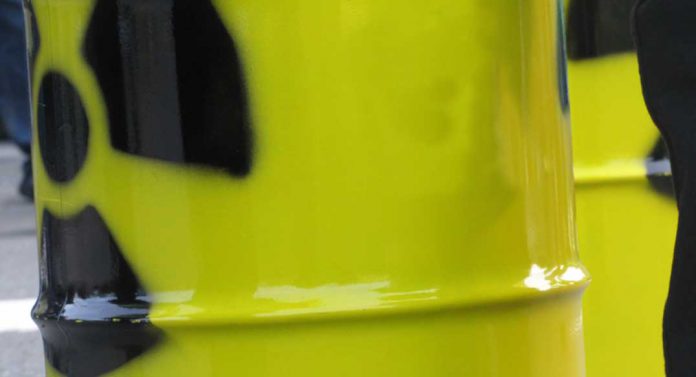Ontario Pesticide Education Program
The Ontario Pesticide Education Program has released a new manual for farm workers. If you work on a farm where pesticides are used, you need to know how to work safely around pesticides. The information in this manual explains how farm workers can work safely on a farm that uses pesticides. It can be downloaded from their website (5 MB). For those without Internet access or with a need for a print version, you can request the manual from OPEP: Phone: 1-800-652-8573 (Ontario only) or 519-674-2230, Email: rcopep@uoguelph.ca, mail Ontario Pesticide Education Program, 120 Main St. E., Ridgetown, ON N0P 2C0.
Drought stressed maples need tender care
At the recent First Nations maple syrup seminar at Birch Island, Todd Leuty, Agroforestry Specialist with OMAFRA, emphasized that maple trees were stressed with last year’s drought storing less sugar for use in leafing out in the spring of 2017. Sap volume for 2017 is difficult to predict as a result. Due to these stress conditions, it is advisable to handle trees with extra care at tapping time and leave trees with enough sap for reasonable leaf production. This encourages long-term productivity. Practice healthy tapping. Avoid tapping when the trees are frozen to prevent splitting the tree. Tap at 5°C or above. Tap a new hole two inches to left or right and 12 inches above or below previous hole. Use 5/16” health spile to reduce drilling damage and drill to a depth of 1.5 inches. Use a sharp 5/16 inch diameter bit and drill the tap hole at a slight upward angle to drain sap and rain water by gravity flow after season ends reducing bacteria buildup. Tree diameter of 10-18 inches should be limited to 1 tap and larger trees a maximum of 2 taps.




